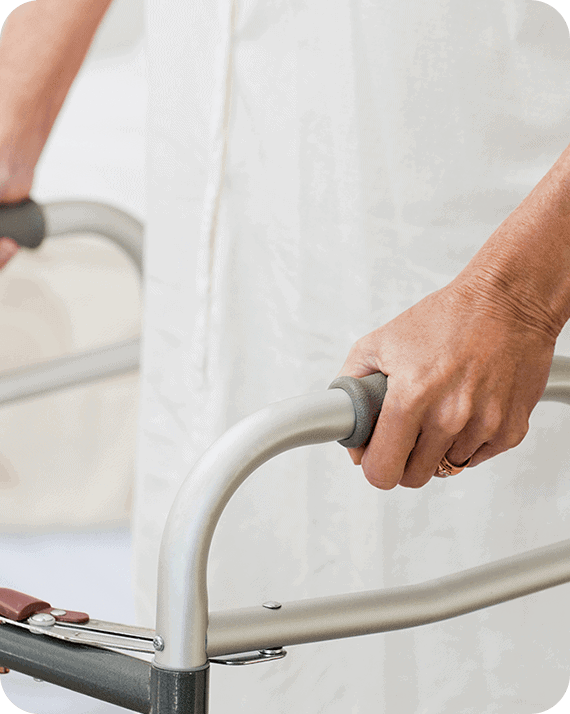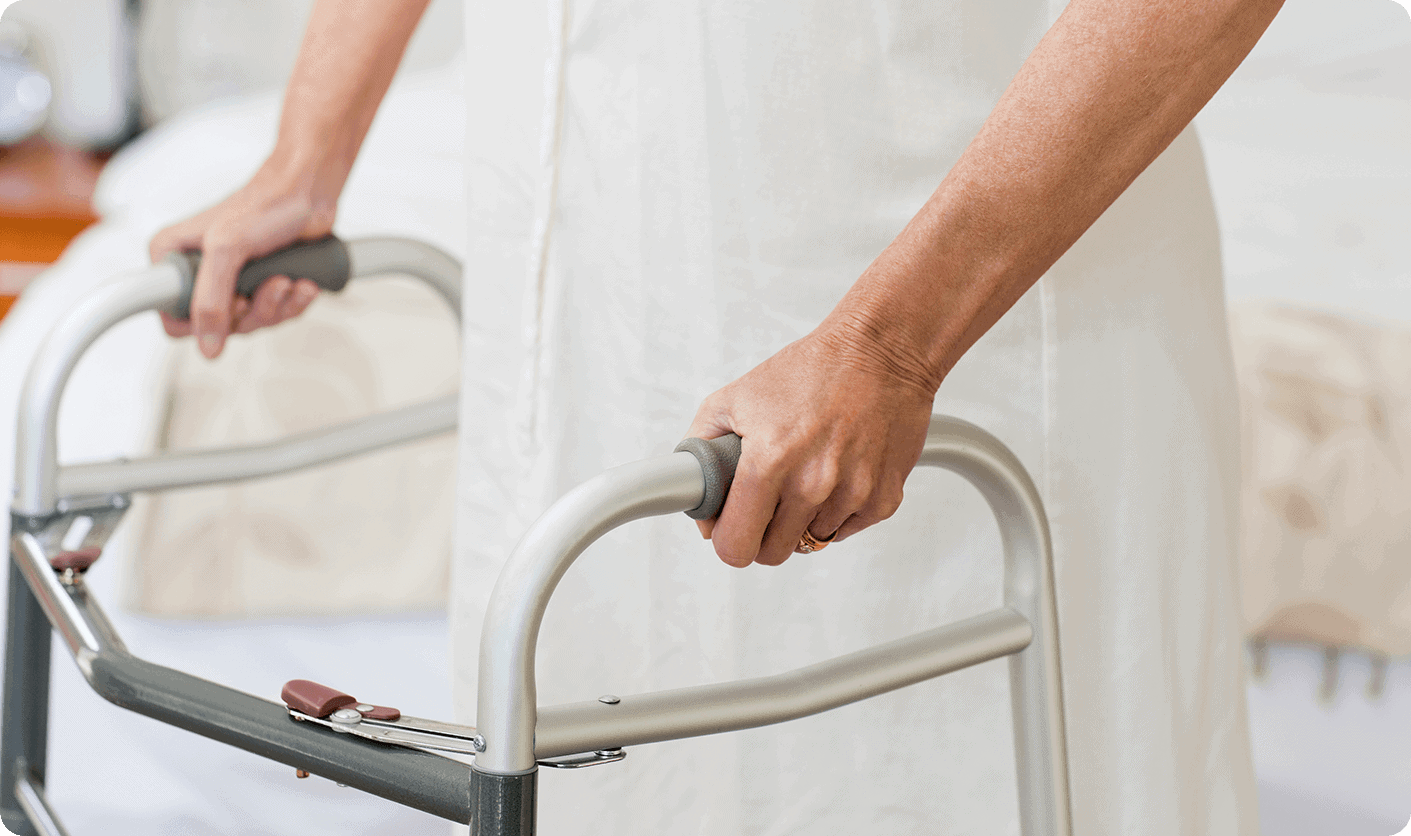We have a lot of experience helping people recovery from total joint reaplcements. We specialize in treating hip, knee, and shoulder replacements. Everyone’s recovery from a major surgery is going to be different, but we have you covered in helping you progress at your pace and help you understand your specific post-surgical protocol. We are not aggressive when treating our patients because we know and understand how painful those first few weeks post-surgery can be. We begin our treatment with focusing on how to best manage your pain, reducing swelling, reviewing and updating your exercise routine. Discussing and answering your questions about what to expect with your recovery is extremely important to us. Knowing your specific and personal goals is also our top objective when working with you. Everyone has different activity levels, strengths, pain tolerances, hobbies, and jobs. We want to work on what is specific to you and what you want to get out of your joint replacement surgery. Functional activities of daily living are important, but also returning to sports you enjoy or being able to play with the grandchildren are the details we also focus on in our total care plan. We will not discharge you from our care until you are ready and meeting your specific goals.
Whether you have had a minor surgery or a traumatic accident requiring complex orthopedic surgery we are here to help you recover. Every person is unique and close attention to what type of surgery was performed and what your doctor orders on your specific protocol is very important when developing your plan of care. We always make sure we know clearly what restrictions you may have, and for how long, and will progress you accordingly. We’re very focused on pain management, reducing swelling, and promoting safe return of joint range of motion and strength. We also will listen to you about your specific goals so that you can return to the life you want to live.
We’re very experienced with treatment both rotator cuff and Labral tear repairs. These conditions typically follow similar protocols, but each person and surgeon has differences that need to be paid close attention. Your physical therapist will follow your surgeon’s protocol very closely and listen to your concerns very closely as well. Physical therapy treatment generally consists of beginning very gentle passive range of motion, and other active assistive range of motions. Focus on range of motion, pain management, and functional adaptations are the first phase because progressing to light strengthening. We always discuss what type of pain is normal to experience and what type of pain is not normal during your recovery.
Rehabilitation following knee surgery starts almost immediately. At Inspire Motion, we work with our clients directly post-surgery until their full range of motion returns to ensure a complete recovery. Physical therapy includes learning how to stand up and walk again using an assistive device so clients learn how to get in and out of bed and perform basic tasks without causing additional damage to the knee. Over time, physical therapy will teach clients how to move more freely without causing undo pain until full range of motion returns. It may take several months for a full recovery with the help of a physical therapist.

